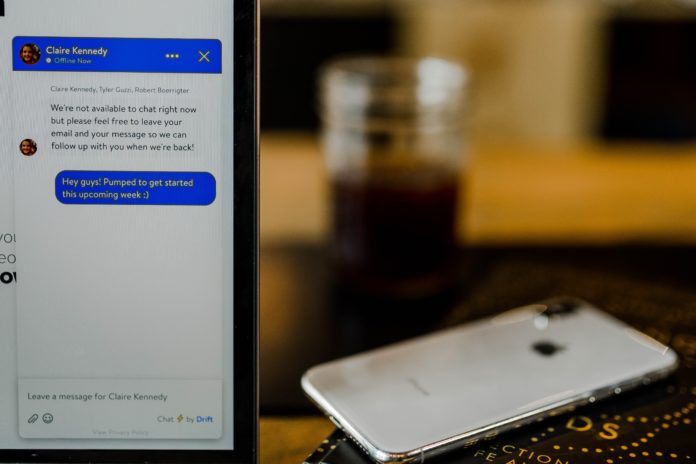Infobip has identified five common frauds impacting mobile users in the messaging ecosystem, explaining the security challenges enterprises and mobile network operators (MNOs) face in the application-to-person (A2P) messaging ecosystem.
The company also explains its role as a co-guardian of the A2P ecosystem with MNOs, helping protect brands and mobile users with its firewall.
With more and more brand-to-consumer interactions moving to digital channels, ensuring the security and privacy of this communication is vital to deliver a great customer experience. But, while the A2P market will grow to $29 billion by 2024, fraud and the revenues lost to fraud are also increasing.
So, now more than ever, all organizations in the A2P ecosystem must protect mobile users and consumers by providing secure communication.
Infobip has identified five critical security challenges MNOs and enterprises need to tackle:
- Artificially inflated traffic: Artificial inflation of traffic fraud uses bots to generate one-time PIN requests to generate undue costs and financially benefit the fraudster
- Flubot: spreading like flu, flubot starts with a fraudulent link leading users to a malicious site to download an app or security update, which infects a phone with malware
- Smishing: SMS phishing, or smishing, is where fraudsters deceive consumers into revealing sensitive data which is misused. It costs consumers $10.1bn, according to RoboKiller
- Grey routes: routes that bypass MNO’s charging systems to deliver messages to end users, costing MNOs revenue and leaving mobile users unprotected from security and privacy risks
- Spam: unsolicited messages have been plaguing mobile users and consumers for some time
To help protect consumers, Infobip recommends MNOs work with well establish Messaging providers who have direct relationships with the large brands and also introduce technically superior firewall solutions to their networks to protect the A2P ecosystem.
Infobip also calls for regulatory change to remove the restrictions on MNOs using particular modules like content analysis to protect the end users from different fraud scenarios, particularly in Europe.
Content analysis is crucial for improving security standards while maintaining high privacy norms. For Enterprises, Infobip recommends using Messaging providers who have direct connections with MNO’s, protecting consumers security and privacy through established communications platforms with global infrastructure.
Matija Ražem, Vice President of Business Development at Infobip, said: “We are all co-guardians of the A2P messaging ecosystem. While fraudsters are becoming ever more sophisticated, we can reduce AP2 fraud with a combined effort from all involved. The system is only as strong as its weakest link, so MNOs and enterprises should invest in their security and adopt the latest technology to combat fraudsters and protect their customers and business.”














